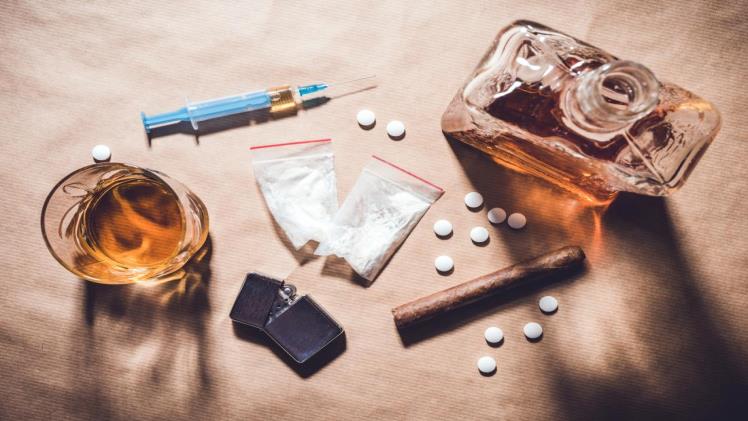Quite possibly the most widely recognized question we are asked is, “How does illicit drug dependence start?”
Chronic drug use, or substance misuse, is officially known as substance use disorder (SUD). The clinical descriptor for liquor addiction, paradoxically, is liquor use disorder. These addictions are analyzed utilizing the models spread out in DSM-5, the latest release of the APA’s Diagnostic and Statistical Manual of Mental Disorders.
The sustained maltreatment of drugs triggers practical and underlying brain changes. As well as upsetting how your mind responds to joy, dependence additionally influences regions of the brain related to learning and inspiration.
Analysts have been testing the reasons for dependence and habit-forming ways of behaving since the 1930s.
How does drug dependence start in the brain?
People are self-indulgent by nature, normally chasing after things that encourage them.
As indicated by research, any pleasurable experience prompts the arrival of dopamine in the brain. Throughout your development into a grown-up, your brain will store recollections of pleasurable sentiments, and it will likewise store the sources of the sentiments. Healthy minds store those recollections and associate them with future pleasurable encounters.
On the off chance that you misuse liquor or medications, however, the brain doesn’t respond soundly. Rather, the mind delivers considerably more dopamine than expected. Furthermore, drugs cause changes in brain chemistry, keeping dopamine from being effectively reabsorbed. Therefore, taking drugs sets off a lengthy euphoria that is normally unreachable.
As the mind is compensated with the euphoric sentiments conveyed by substance use, it begins requesting a greater amount of those pleasurable sentiments. Resistance to the substance begins building, making you require a greater amount of the substance to accomplish similar impacts. It doesn’t regularly take long before nothing can initiate bliss except for substance misuse.
By this point, the endless loop of dependence has previously set in. This worked on a variant of the standard course to dependence shows that substance use changes the chemistry of the brain and that the reward system of the brain keeps on transforming with supported substance misuse.
The accompanying factors can all impact your risk profile of fostering a dependence:
- Drug of choice
- Method of delivery
- Genetics
- Underlying ailments
- Co-occurring problems
- Environmental elements
- Peer pressure
Instructions to begin with dependence treatment at a rehab
Presently for the uplifting news. While there is no solution for dependence, there are many proof-based treatment programs available at https://www.sevenarrowsrecoveryarizona.com/ under the supervision of clinical experts.
The most pivotal thing to comprehend is that recuperation is certainly not a solitary, time-restricted occasion like detox. Rather, it is a continuous cycle and a process that may not unfurl in a direct style. To be sure, 40% to 60% of those in recuperation backslide.
Deplorably, there is a critical treatment gap. Analysts gauge that less than 10% of those with substance use problems get proficient treatment. However, discover as much as you can about the various types of long-term and short-term treatment accessible.
Gather a waitlist of reasonable rehabs and begin setting yourself up to unload the physical part of dependence with detox. Whenever you have detoxed, you will be prepared to go after the mental part of dependence through the accompanying treatments:
- MAT (Medicine assisted treatment)
- Psychotherapy – cognitive behavioral therapy (CBT) or dialectical behavior therapy (DBT)
- Advising (individual and group sessions)
- All-encompassing treatments
- Family treatment
In case you or your loved one is battling with chronic drug use then reach out to your nearby rehab to figure out how you or your adored one can find support.

